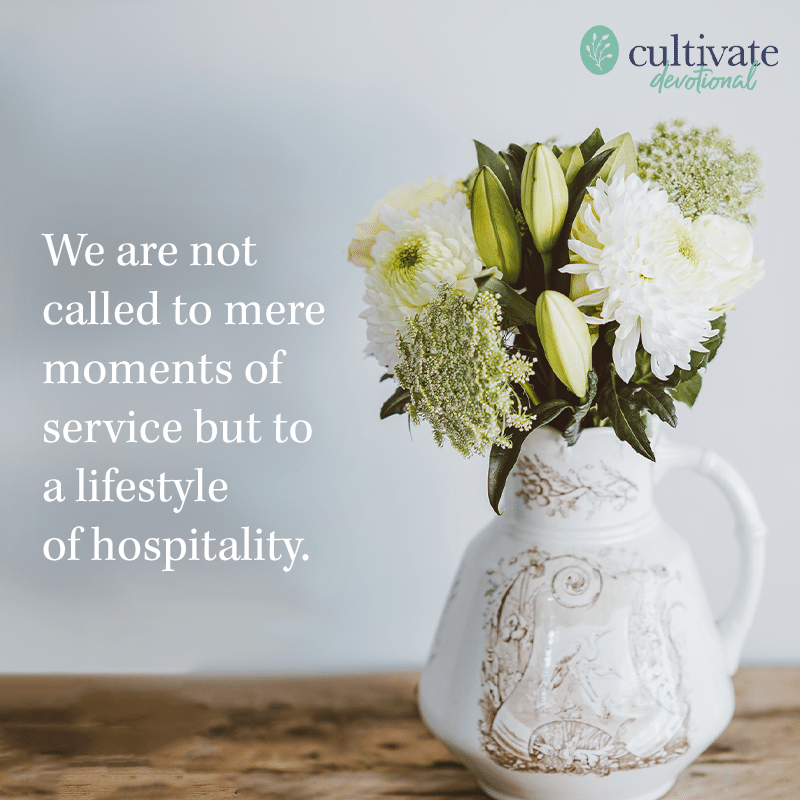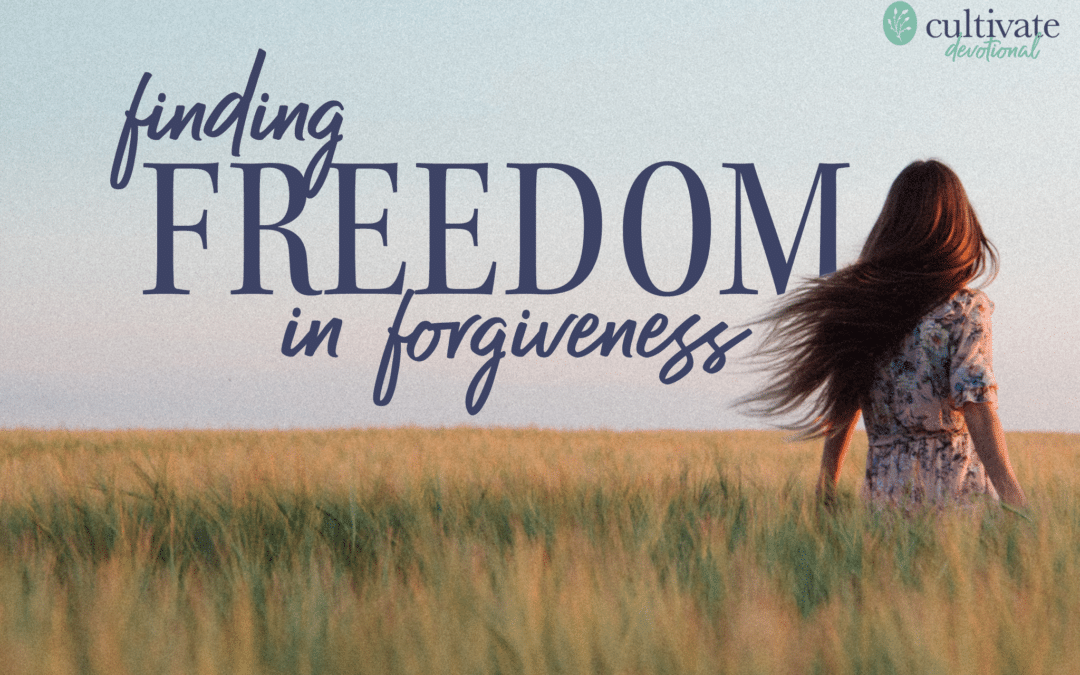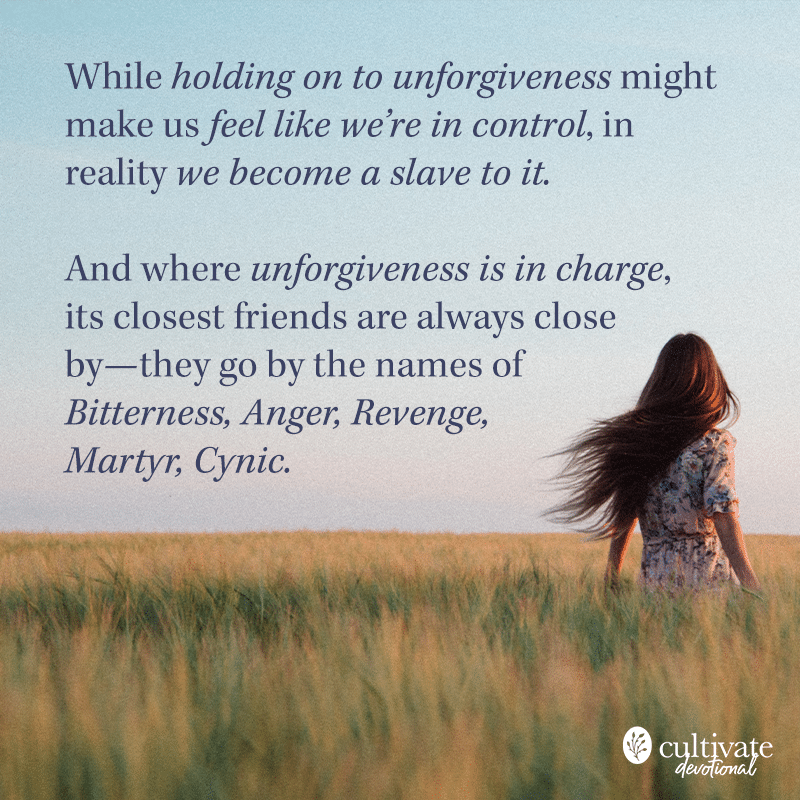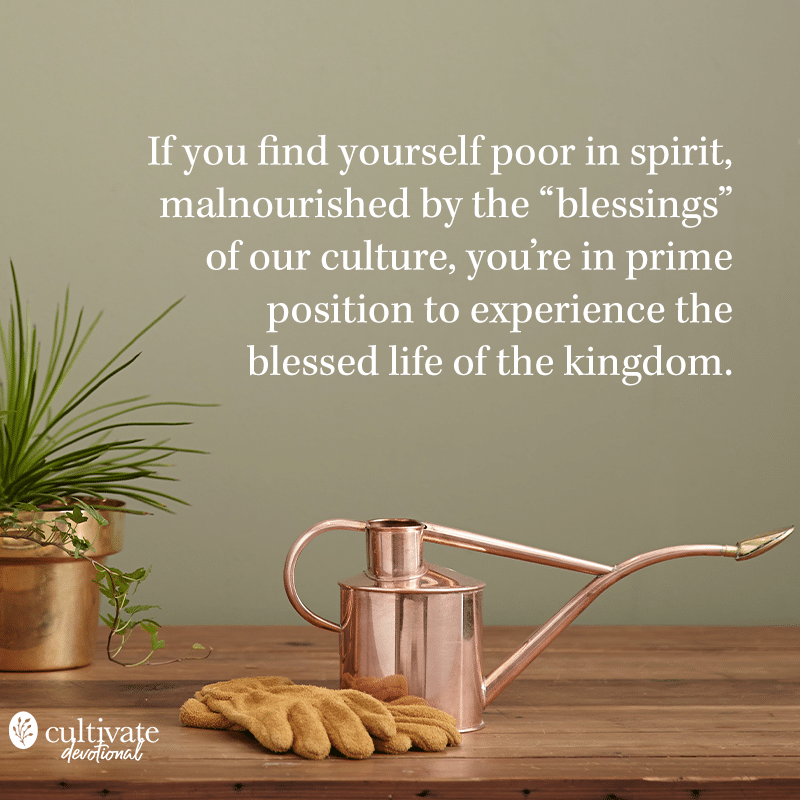I just returned from the Amazon jungle where I taught at Justice & Mercy International’s Annual Jungle Pastors Conference. Ninety-four indigenous men and women gathered for a week of Bible teaching and renewal. Many traveled by boat and bus for several days to...

How Hospitality Can Be Your Lifestyle
I just returned from ten days in Italy. Before you begin writhing with jealousy, let me put an abrupt stop to that. I was working a week of day camp with a team from Justice & Mercy International. We lovingly herded twenty-nine children for ten hours a day. I wouldn’t have wanted the week to have gone any differently—unless perhaps it included basking on the Amalfi coast. I reveled in the time with these delightful Italian, Egyptian, Moldovan, Romanian, and Moroccan children. It was a gift to share the love of Jesus with them in word and deed. Their faces will be with me for years to come.
So, what does this have to do with hospitality, you ask? Let me explain. We were working with two churches, one in downtown Milan, and the other on the outskirts of San Giuliano. Our team of twelve stayed across three homes, Sam and Joan’s, Michael and Nina’s, and Glori, Jake, and Max’s. What our team experienced living with these three generations of family members for ten days is something I will be thinking about for weeks to come. Hospitality is not something they do on a Wednesday night, or a Saturday morning, or for a few days when guests come. It’s a lifestyle.
Now I know what you’re thinking… Kelly, I can’t do one more thing. I can barely handle my elderly parents, children, and the neighbors I already have. I’m terrible at keeping my house tidy. I understand. I feel a little maxed out myself. But I don’t think showing hospitality is so much about how you and I can do more, as much as it’s about shifting our mindset. When we arrived at Michael and Nina’s house, we discovered a few of our team would be rooming with a woman from Ukraine who’d been living with them for the past three months. They almost always have people staying with them who need a place. On the last night of our trip, a twelve-year old boy made a bed in Max’s home. The boy’s mother is ill so my friends were taking him on their family vacation. When we gathered for dinners, often others would show up because they happened to stop by or didn’t have any other place to go. I got the sense that anyone and everyone was welcome. I returned with a longing for my doors to feel a little more open, and my table a little more packed—it’s okay for place settings to be squeezed and presentation to be less than perfect.
On one of the last nights of our trip, my pastor Jeff asked Nina to share one thing she wanted to leave with us. She said, “always make room for one more.” What if this became the posture of our hearts? It doesn’t mean making an additional meal, just adding another plate. It wouldn’t require a separate trip to the pool with your kids, just putting one more child in the car. It might mean sharing a room with someone for a few nights instead of having it all to yourself, or packing an extra lunch for your Saturday outing. What would it look like for you and I to make room for one more person? That’s the question I’m asking myself.
Paul tells us in Romans 12:13 to pursue hospitality. It’s right in there with sharing with others, blessing those who persecute us, being persistent in prayer, and patient in affliction. The one thing I love about pursuing a lifestyle of hospitality is that it fosters relationships. It gives others a place. It connects us. You don’t have to be a fantastic decorator, or have a ton of extra space, or be a great cook, you just have to be willing to make room.
For one more.
*Download the graphic below to share on your socials, and don’t forget to tag us!
Instagram: @kelly_minter
Facebook: @KellyMinterAuthor
Click the button below to open in a new tab, then right-click on the image to download.





















